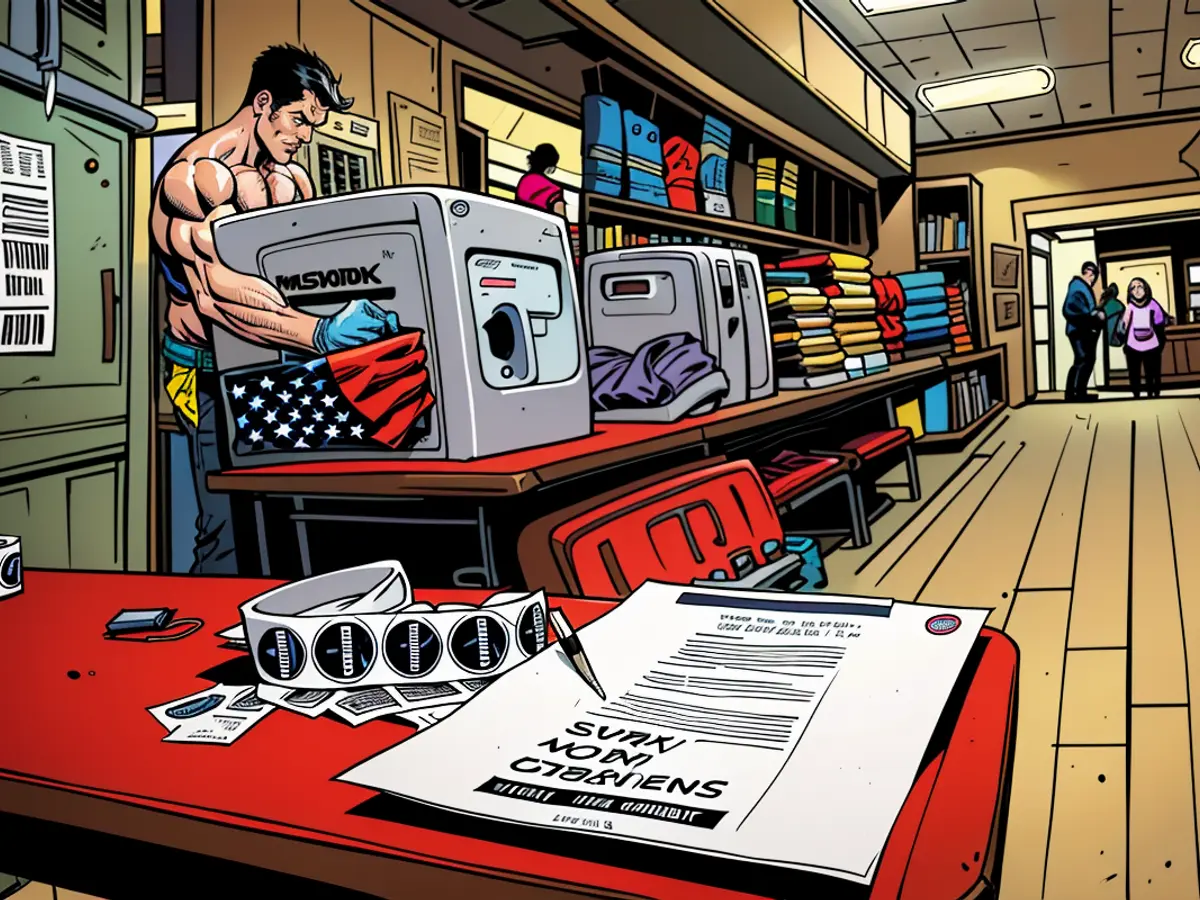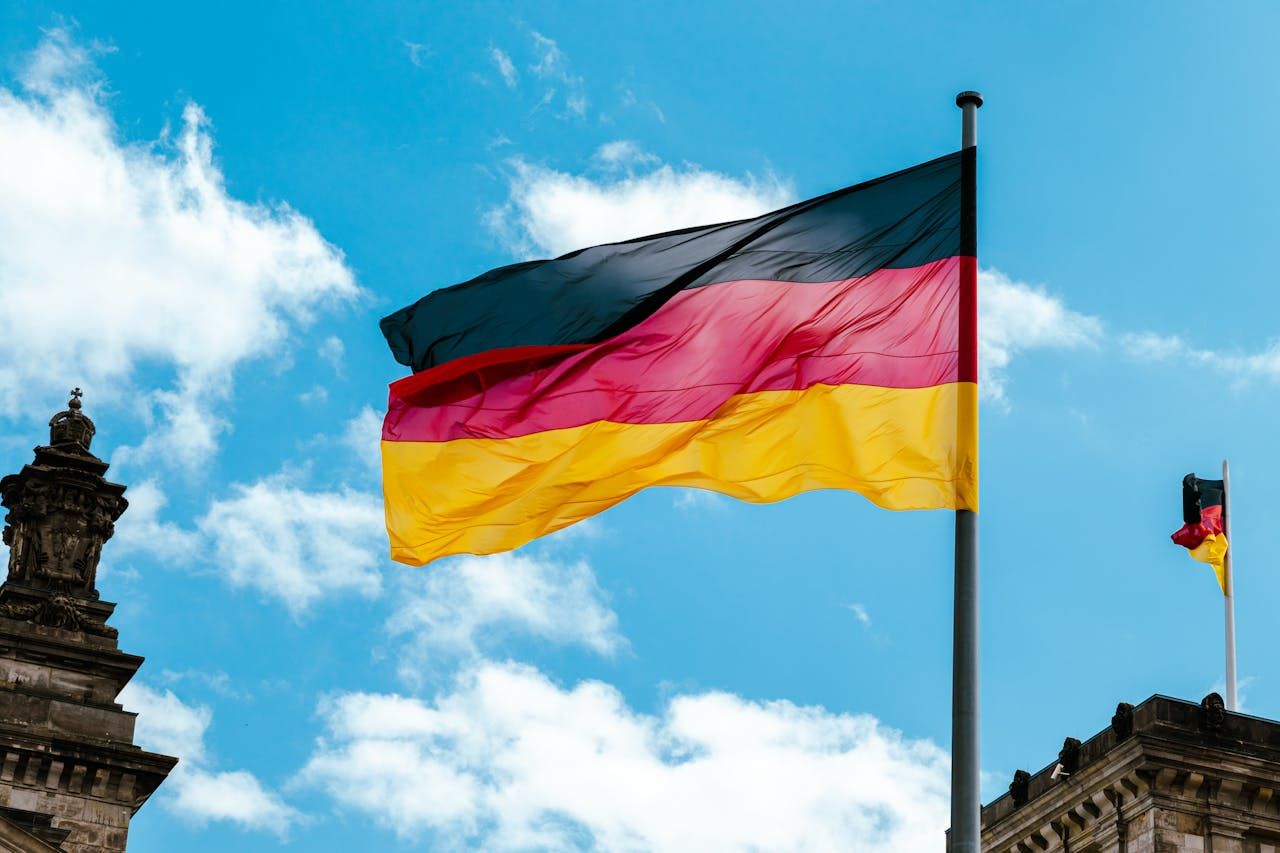Neuer Bericht beschreibt, wie sich die Wahllandschaft in wichtigen Staaten seit der Wahl 2020 verändert hat
Viele der Änderungen an den Wahlregeln der Bundesstaaten konzentrieren sich auf die Protokolle für Briefwahl, wobei einige Bundesstaaten neue Einschränkungen für den Zugang zu Briefwahlboxen und die Verschärfung verschiedener Fristen einführen. Andere Bundesstaaten haben versucht, die Hürden für die Briefwahl abzusenken.
Der Bericht des Brennan Center erhellt, wie nach der Wahl 2020 die Gesetzgeber beider Parteien ein starkes Interesse daran hatten, die Wahlregeln zu ändern - sowohl als Reaktion auf die Lügen des ehemaligen Präsidenten Donald Trump über massiven Wahlbetrug, der zu seiner Niederlage führte, als auch darauf, wie die Covid-19-Pandemie die Wahlgewohnheiten der Wähler verändert hat. Die Wahl dieses Jahres zwischen Trump und seinem neu gekürten demokratischen Rivalen, Vizepräsidentin Kamala Harris, wird eng erwartet, wobei aktuelle Umfragen zeigen, dass das Rennen in den Schlüsself Bundesstaaten enger geworden ist, seit Präsident Joe Biden ausstieg.
Zu den Bundesstaaten, die seit 2020 die Wahl erschwert haben und vom Brennan Center genau beobachtet werden, gehören Florida und North Carolina.
In North Carolina würde ein 2023 in Kraft tretendes Gesetz, das den Termin für die Abgabe von Briefwahlstimmen an die Wahlbehörden vorverlegt, nach Angaben des Brennan Center 11.600 Stimmen betroffen haben, wenn es bereits 2020 in Kraft getreten wäre. Bisher konnten Briefwahlstimmen bis zu drei Tage nach der Wahl akzeptiert werden, doch das neue Gesetz, das vom republikanischen Parlament über den Veto des demokratischen Gouverneurs Roy Cooper hinweggesetzt wurde, setzt den Abgabetermin auf 19:30 Uhr am Wahltag fest. Darüber hinaus wird in North Carolina erstmals in einer Präsidentschaftswahl eine Foto-ID-Pflicht eingeführt. Floridas Wähler müssenMeanwhile, Florida voters will face new obstacles to casting mail ballots thanks to a 2021 law that constrained the use of ballot drop boxes and limited the assistance voters can receive from others, among other new regulations.
In some battleground states, voters will find more options for voting. Nevada has made permanent the universal mail balloting system it set up for the pandemic, and it has improved voter access on tribal lands. Michigan voters will be able to register online for a mail ballot, as part of a raft of 2023 laws that streamlined the mail voting system. Other recent Michigan laws extend the timeline for early in-person voting while adding other forms of identification to meet the voter ID requirement.
In some of the most contested states in the 2020 election, the picture is mixed but trends towards a more restrictive landscape for exercising the franchise. Arizona added hours to in-person early voting and passed other bills that will make voting easier in specific circumstances. But it has also imposed new requirements – including a proof of residency for certain voters – that are subject to ongoing litigation. An election overhaul bill passed by Georgia lawmakers in 2021 was a national flashpoint and the target of legal challenge. Thursday’s Brennan report notes the Georgia law’s drop box limits, its tougher ID rules for mail voting and how it tightened the timeline for applying for a mail ballot and when those mail ballots can be sent out.
The think tank included in its analysis so-called “election interference” laws that Brennan describes as making election officials more vulnerable to partisan meddling. One such law cited in the report is Georgia’s overhaul of its state election board, while in Texas, state legislators targeted the county containing Houston – a Democratic stronghold – with a law that dismantled the county’s election administrator’s office.
The focus on election rules changes after the 2020 election led some states to limit access to ballot drop boxes and tighten mail ballot deadlines, which are all aspects of politics. The report also highlights how the new voting legislation in Georgia, including the tightened timeline for mail ballots and drop box limits, is a political issue.







